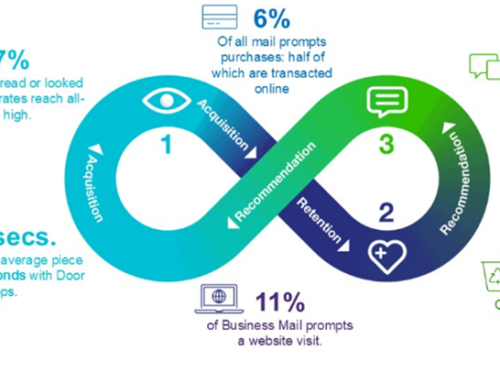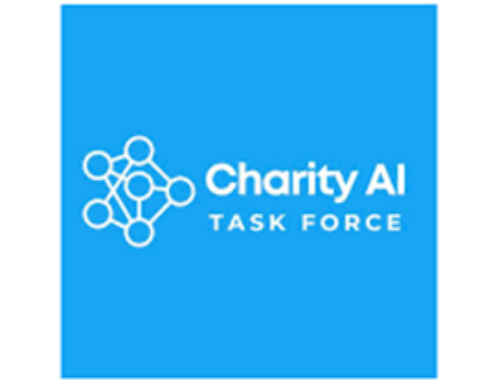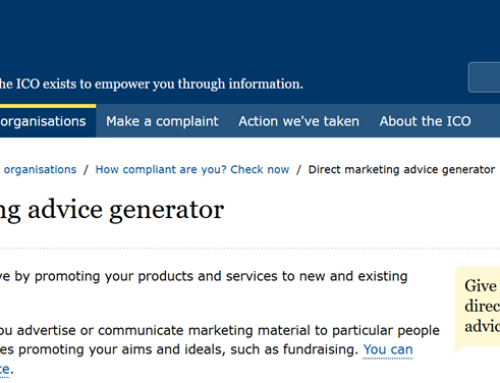As we approach the end of July, the third sector will doubtless be praying for an end to what is commonly termed national media ‘silly season’, when outlets (notably the Daily Mail) declares open season on direct marketing. This year’s pot shots, primarily aimed at charities (aggressive telemarketing and Olive’s Law), rival what the Direct Marketing Association (DMA) coined the ‘Summer of Discontent’ experienced back in 2006 when the Daily Mail crusaded against addressed and unaddressed advertising mail. However, the charity sector isn’t out of the woods yet, for another hunter is waiting in the wings with its gun loaded and has its sights trained on 1st August to make its first shots. This hunter is the tax man.
Since 2013 charities and direct mail providers have been waiting with bated breath as to how HMRC was going to approach the VAT treatment of charitable direct mail, which is currently zero-rated. The new approach was supposed to come into force in October 2014, but was deferred until April 1st 2015 (April Fool’s Day, an irony not lost on many). However, once again the HMRC was unforthcoming with new guidance notices and the date was once again deferred until 1st August. In June, after significant pressure from the DMA and Charity Tax Group (CTG), the tax man finally issued the promised guidance documents, meaning we are all now (allegedly) clear as to the charges that apply.
What do the changes mean?
1. Charities that use a single supplier to print and deliver a direct mail campaign will now have to pay standard rate tax on both services. Before the changes, the delivery element – which should have been standard rated – was subsumed into the zero rated supply of printed matter
2. When any of the following services are supplied separately they comprise multiple suppliers and each component is taxed according to its own VAT liability (typically standard rated)
- posting or arranging the posting of customer mail such as publicity, advertising material or promotional goods to many recipients, including door drops
- analysis or manipulation of data (either provided by the customer or sourced directly) for strategic or marketing reasons – for example, to target direct mail at specific groups based on geography, socio-economic factors or gender of recipients
- purchase or rental of third party mailing lists, including for amalgamation with customer’s own lists
- analysis of own and customer data to produce reports on campaign results and advice on strategy
3. The following services remain zero-rated so long as no other services (e.g. listed above) are supplied with them:
- the creative design, drafting and preparation of printed matter
- the printing of direct mail packs using pre-sorted or unsorted data provided by the printing supplier’s customer, so that the mail packs include names, addresses, postcodes and barcodes
- the printing of direct mail packs and correction of data supplied by the printing supplier’s customer – data correction includes only: amendment in accordance with Royal Mail address format guidance, amendment to comply with the requirements of the Mail Preference Service, and removal of ‘gone-aways’ and the deceased.
Mail producers will still be able to mitigate the VAT on postage after 1 August for charities that are unable to reclaim VAT through agency agreements and disbursement. And the above zero-rated services, such as data suppression, create a unique opportunity for mailing houses to become trusted advisors to their charity clients, enabling them to save thousands of pounds on their direct mail campaigns.
One of the issues still outstanding is the application of retrospective charges. This could cost the sector hundreds of thousands of pounds in back charges for direct mail campaigns that have been sent out since April 2012. However, CTG is confident that HMRC will exercise a clean slate and the treatment will apply from 1st August 2015.
Without a doubt, these changes will add an additional cost to charitable direct mail campaigns and the third sector will need to be as savvy as possible to mitigate VAT charges wherever possible. Seemingly small decisions, such as the choice of mail producer, will now have more significance in terms of saving valuable money. Moreover, with the incoming changes to the Charity Bill and the tarnished reputation of charity telemarketing, direct mail; when executed responsibly, is the most effective, personal and fair way of communicating with donors and potential supporters.





